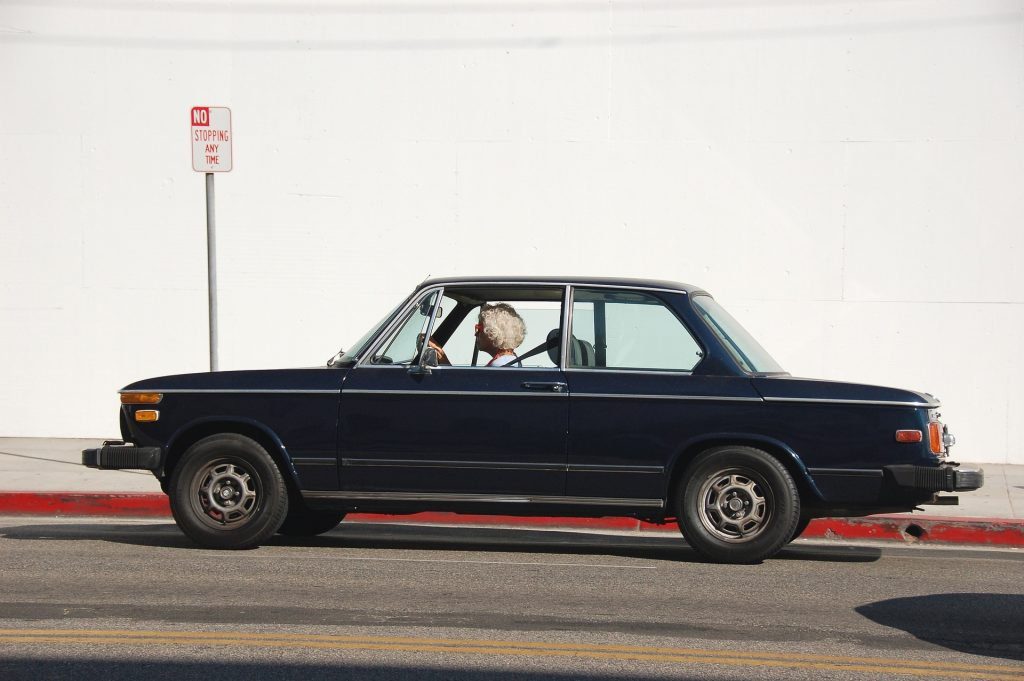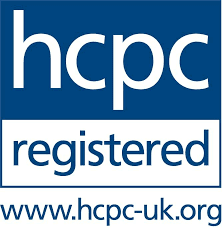Does Mr Ben Brooks-Dutton have a point?
You may have heard in the news recently of a man whose wife was killed by an older driver who mistook accelerator for the brake. On the back of this traumatic incident, Mr Ben Brooks-Dutton has started a popular online petition for over 70s to be retested every year for fitness to drive. Many have agreed and yet some have posted some vile messages.
Generally speaking, older drivers are safe drivers for many reasons; they drive few miles, drive locally, and avoid rush hours and night driving. It is unfortunate that accidents involving older drivers often call attention to their driving.
Statistically speaking, the rates of fatalities increase slightly after age 70 and significantly more after 85. We all age differently, some more than others. Some have better physical and mental agility than others. The common denominator however is increasing age. With age come physical and mental changes that can affect driving abilities. The physical changes that are seen include: decrease in vision, hearing impairment, decrease in muscle strength, reduced flexibility in the joints and impaired co-ordination. Reduced motor reflexes can affect the threshold of reacting to a hazard on the road. Various medical conditions and medications also add to the physical health burden. Mental capabilities to deal with the melee of sensory stimulus and stressors on the road may also reduce.
It is of utmost importance that an older driver takes charge of their health and steps to stay safe on the road. Practical steps consist of regular health MOT (eyes, hearing, sugar and cholesterol level check-ups), making changes to the car for effortless driving (automatic car, adaptation for smooth steering and brakes) and being mindful of driving practices that may help limit accidents (keeping safe distance from the driver at the front, parking with an adequate space to get in and out, aware of crossroads and intersections etc). Being aware that if vehicles do not flow with the traffic and speed, road-rage is not uncommon. Digital technology in newer model of cars is generally considered to be distractions by the older folks. However if used appropriately they can be immensely useful. I am not surprised to hear three-point turning is going to be replaced by the test of ‘appropriate use of SATNAV’ in the driving test, in keeping with current trend and preparedness for the future.
The tricky stage is when concerns set in. Driving a car represents a sense of achievement (I know the very feeling when I passed my test!), a sense of control and independence. Understandably the thought of relinquishing driving is emotionally charged and not easy to absorb. Generally older people continue to drive confidently and safely. When, how and who are important aspects when considering conversation about driving limitations with an older person. Near misses, accidents, health changes and self-regulations may provide an opportunity to discuss concerns. Being sensitive and respectful of feelings of the older person towards driving is the first step towards sharing your concern. Having open, periodic and graded discussions about safe driving helps towards preparedness. Men may require repeated conversations compared to women. As per surveys, older persons generally like to hear of any concerns about driving from somebody they trust; spouse, elder children, or a close friend. Studies have shown that when the ultimate decision of cessation of driving has to occur, older persons prefer to hear hard facts from a doctor (GPs as the first port of call and secondary specialist like us, when there are health problems).
In my experience, conversation regarding driving cessation is akin to ‘breaking bad news’; requiring sensitivity, a minimum of two consultations, presentation of evidence of concerns (usually gathered from family or friend) and laying down the facts of how health issues impact driving abilities. A family dialogue with the older person ahead of seeing a doctor helps in the decision process. A doctor may refer a patient to a specialist-driving centre for a comprehensive evaluation.
Although the transition from driver to passenger is not easy, older people generally achieve a balance between safety and independence. Older people and families can avail informal advice from local charitable organisations e.g. AgeUK, AgeConcern and Alzheimer’s society. Written and formal advice are also available on DVLA website.
STAY SAFE AND ENJOY YOUR DRIVING
Disorder Related Blogs
- Anorexia Nervosa: Recognise the Quiet Killer
- Patient Talk - What Does Severe Clinical Depression Feel Like?
- Dear Mum: A Story by an Oaktree Patient with Depression
- SCHIZOPHRENIA – A Poem
- Autism: Dispelling Myths
- Mental Fitness: “I Have an Addiction”
Lifestyle Related Blogs
- Preventing Online Burnout
- Sad at Christmas? Help Is at Hand
- Burnout at Work
- Mental Fitness: How to Beat Stress
- Mental fitness: Brain Stimulation Therapy
- Mental Fitness: When Should You Stop Driving?
- Mental Fitness: “Let Us Talk About It”
- How to Combat Work-Related Stress
- Foods that make you happy
- Business Spending on Mental Health, Worth it?
- Employers Need More Awareness of Mental Health Issues
Other Blogs











